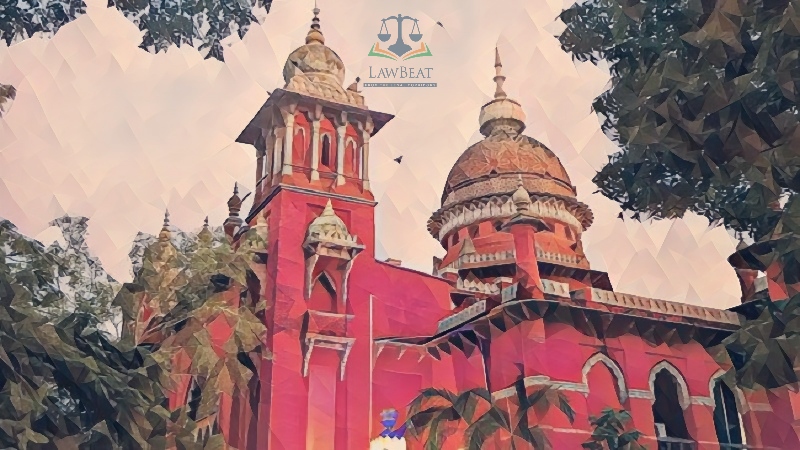Government servant can't invoke Maternity Benefit Act when rules barred leave for 3rd child: Madras High Court

The fundamental rules make it very clear that such a benefit is available to a married women only upto two surviving children and the norm two surviving children made as mandatory to avail such benefit under the said Rule," the bench has said
The Madras High Court has said the Maternity Benefit Act cannot be extended to a woman government employee when the fundamental rules prohibit grant of any leave for a third child.
Court has rejected a plea by a government school lab assistant to grant her maternity leave due to twin girls born out of her second marriage as she was already biological mother of two female children.
A single judge bench of Justice N Sathish Kumar noted that the petitioner was now having four biological children and said, "When the state policy and fundamental rules restrict the maternity leave for 3rd child, this court is of the view, as the matter of right the petitioner cannot seek maternity leave on the basis of the Maternity Benefit Act".
The court further pointed out when the State has taken a policy decision that the fundamental rules is applicable to the government servants, the petitioner cannot claim any benefit under the Maternity Benefit Act, which is not applicable to the government servants, except to the employees employed in the “Establishment” as defined under the Maternity Benefit Act, 1961.
"The Rule makes it very clear that such leave can be granted to a married women government servants with less than two surviving children, not exceeding 365 days, which may spread over from the pre-confinement rest to post confinement recuperation at the option of the government servant. The fundamental rules make it very clear that such a benefit is available to a married women only upto two surviving children and the norm two surviving children made as mandatory to avail such benefit under the said Rule," the bench said.
In her plea, the petitioner said two children were born to her prior to joining government service. Afterwards, twins were born through the second marriage. She also said she has not availed any maternity leave previously, so the rejection of her representation cannot be sustained in the eye of law. Her counsel also said the Maternity Benefit Act is a social welfare legislation, so the fundamental rules, which is contrary to the Maternity Benefit Act, cannot be pressed into service.
The provisions of the Maternity Benefit Act, 1961 was enacted in pursuance of the constitutional guarantee enshrined in Article 42 of the Constitution, which does not impose any such restriction for availing the maternity benefit, her counsel had submitted.
In the absence of any restriction in the Maternity Benefits Act, 1961, which is a Central Act, it is not open to the respondents and even the state government to apply two child norm on the women folk, her plea stated.
The state's Additional Advocate General said that the maternity leave benefit is not applicable to the government servants; only the fundamental rules alone is applicable to them. As per the fundamental rules, the petitioner is not entitled for maternity leave for third child. When the policy of the State restricts the benefit of maternity leave only two deliveries, i.e., two children, the petitioner, as a matter of right, cannot seek a benefit on the ground of Maternity Benefit Act as the said Act is not applicable to the government servants.
Case Title: P. Yasotha vs. The Government of Tamilnadu
